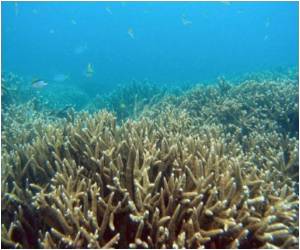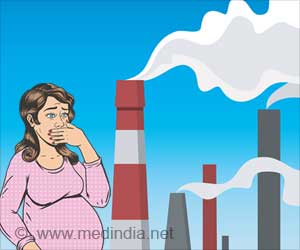Researchers say, low-lying island nations that are threatened by the rising sea levels this century could see the disastrous consequences of climate change far sooner than expected.

Mann, who is the director of Pennsylvania State University's Earth System Science Center, said that current melting trends show sea ice is "declining faster than the models predict."
"The models have typically predicted that will not happen for decades but the measurements that are coming in tell us it is already happening so once again we are decades ahead of schedule," the Huffington Post quoted him as saying.
According to Climate Central, this year's record melting, which occurred under more "normal" conditions than the previous record set in 2007, left Arctic sea ice at a minimum "nearly 50 percent lower than the average ... for the years 1979-2000."
Rapidly decreasing sea ice suggests that the melting of polar ice sheets may occur more rapidly than previously predicted.
Mann said that "we will really start to see sea level rises accelerate," as the Greenland and the west Antarctic ice sheets disappear.
Advertisement
The ongoing rise in average global temperatures, which has accelerated Arctic ice melt, has been largely attributed to the burning of fossil fuels and the resultant increase in greenhouse gases like carbon dioxide in our atmosphere.
Advertisement
Source-ANI









